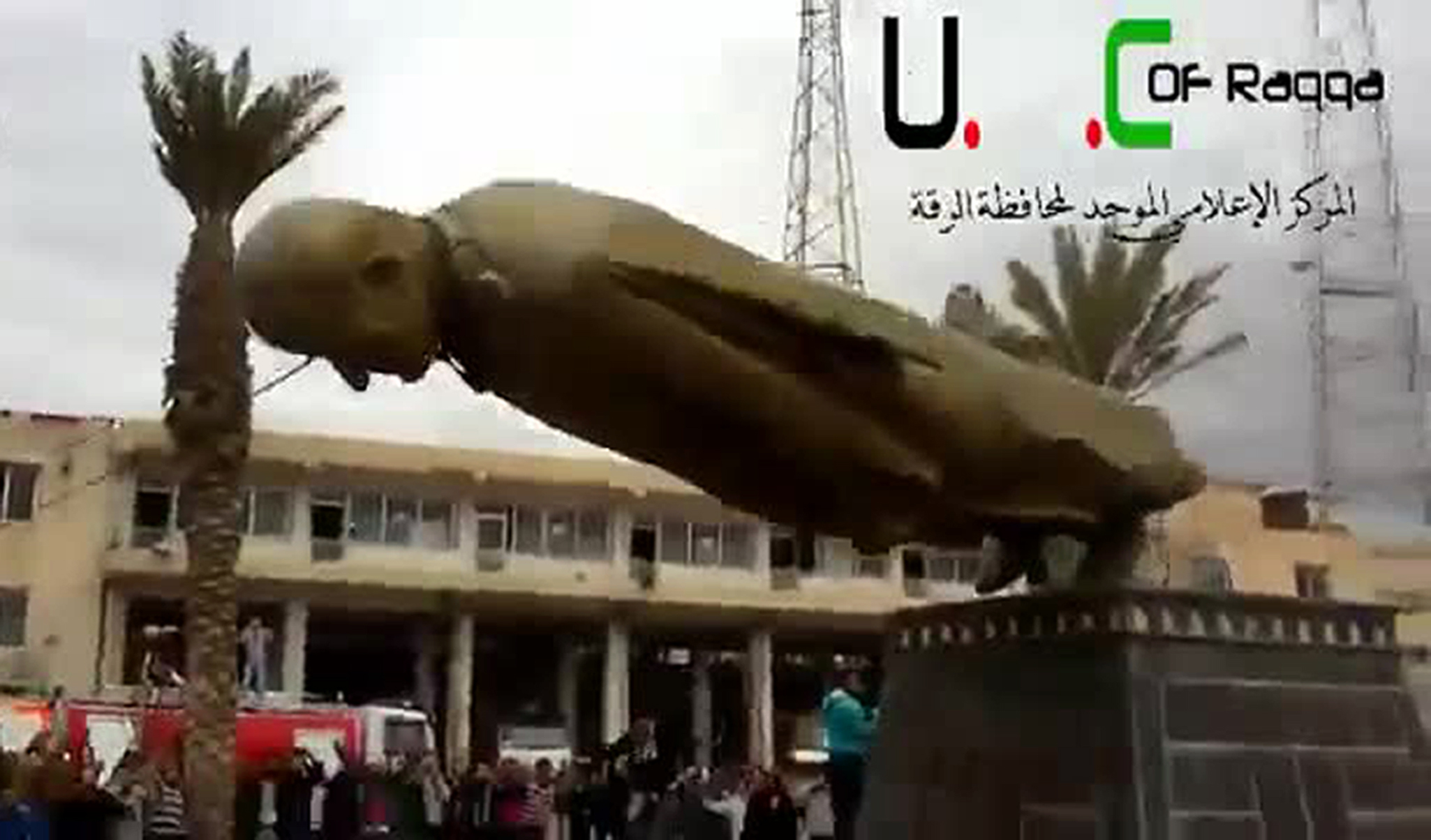CAIRO: Arab tribes in Abo Fana refused to sign a reconciliation and land distribution agreement on Saturday because, they said, it would imply an admission that Arab detainees were responsible for the violent clashes that took place last May.
Last Sunday, a Minya judge ruled that 15 people involved in the Abo Fana monastery clashes last May be detained for an extra 45 days, ignoring the defense committee’s request to postpone the ruling for one week when the final settlement was to be signed.
Eid Labib, member of the arbitration committee, said that there are two reasons impeding the agreement process, according to Al-Masry Al-Youm. First is the Mallawi archbishop’s refusal to pay the monetary compensation to the family of Khalil Ibrahim Mohamed, the Muslim who lost his life during the clashes.
Second is the head of the Arab tribes Abdel Qader Abel Rehim Abdel Qader’s insistence that the Abo Fana monks change their testimony during the investigation.
Labib added that they will abide by the decision made by Pope Shenouda III to reject a truce as this is a criminal matter that should be left up to the judicial system.
On his part, MP Alaa Hassanein, member of the arbitration committee, confirmed that the final settlement will be signed by the end of this week.
The Coptic Church in Minya and the Arab tribes reached an agreement on Aug. 13 whereby the Abo Fana Monastery will waive 25 acres of agriculture land and 70 acres of non-agricultural land, bringing the total land of the monastery to 505 acres instead of the original 600 acres.
In exchange, the Arab tribes agreed on a wall to be built marking the monastery’s land and for the people involved in the clashes to be subjected to trail at court without any appeal to civil society councils, reported the Middle East News Agency (MENA) at the time.
At the end of May clashes over land surrounding the Abo Fana Monastery, Mallawi, broke out between monks and some 60 Bedouins living in the Qasr Hur village adjacent to the monastery.
The attack was apparently sparked by a wall being built around the monastery. Although the monastery had received official approval for the wall it began building around neighboring property, Muslim residents protested the building of the wall in the surrounding agricultural land claiming it would damage the crops. They also claimed to own the land surrounding the monastery.
Pope Shenouda approved the settlement while he is away for medical treatment in the United States, reportedly to deflect any sectarian rifts.
